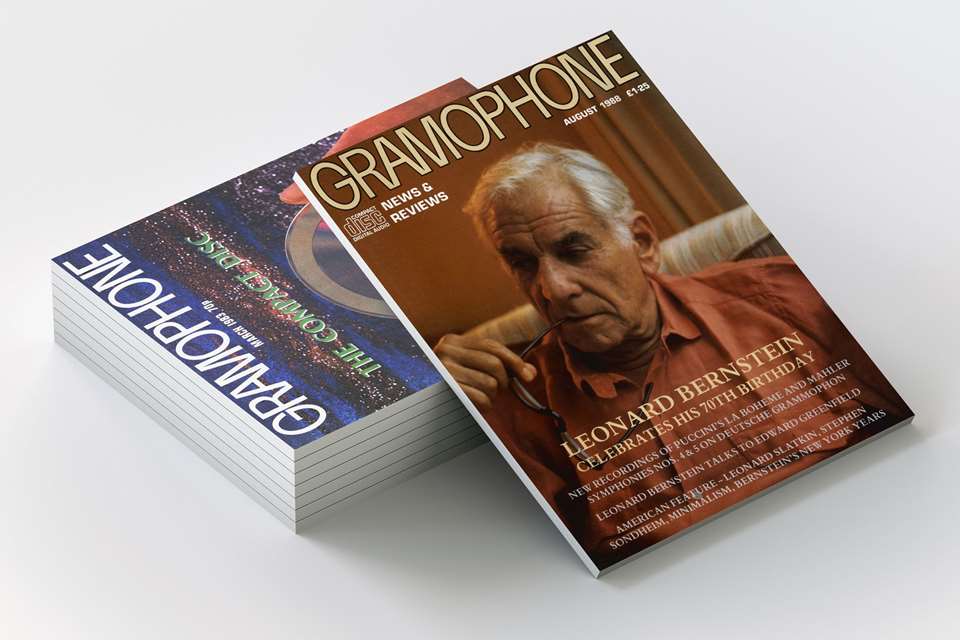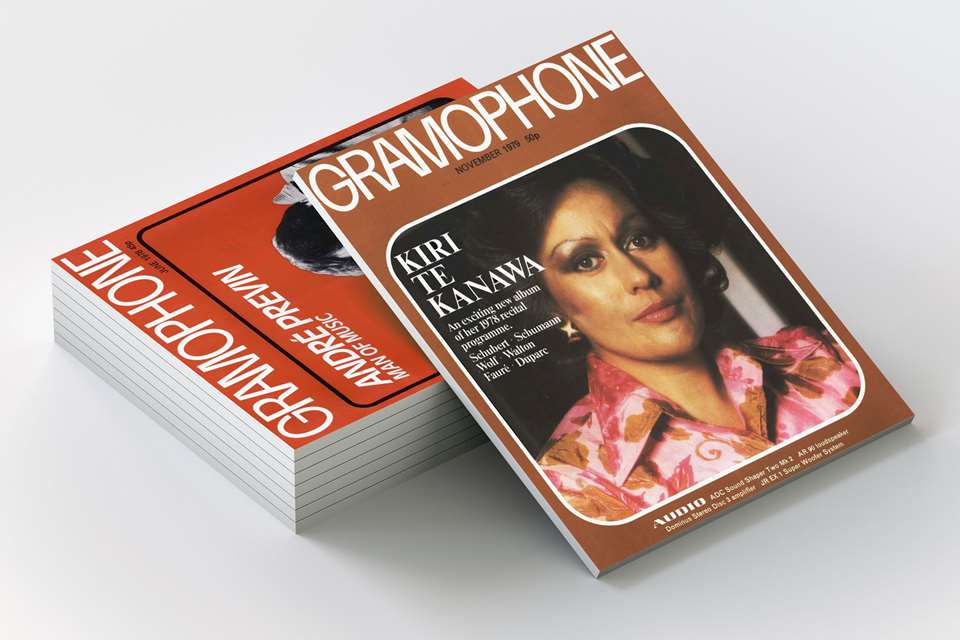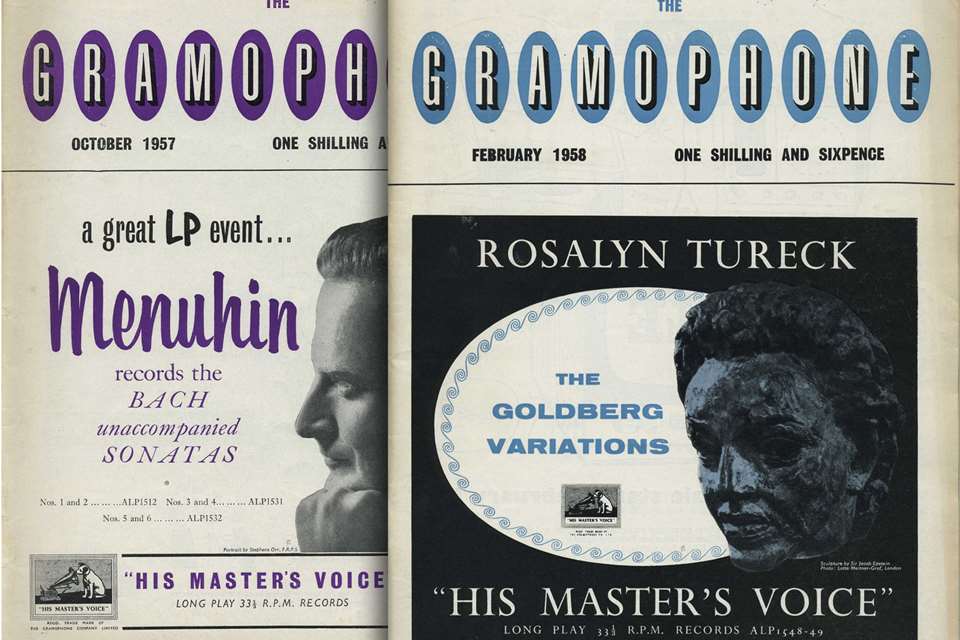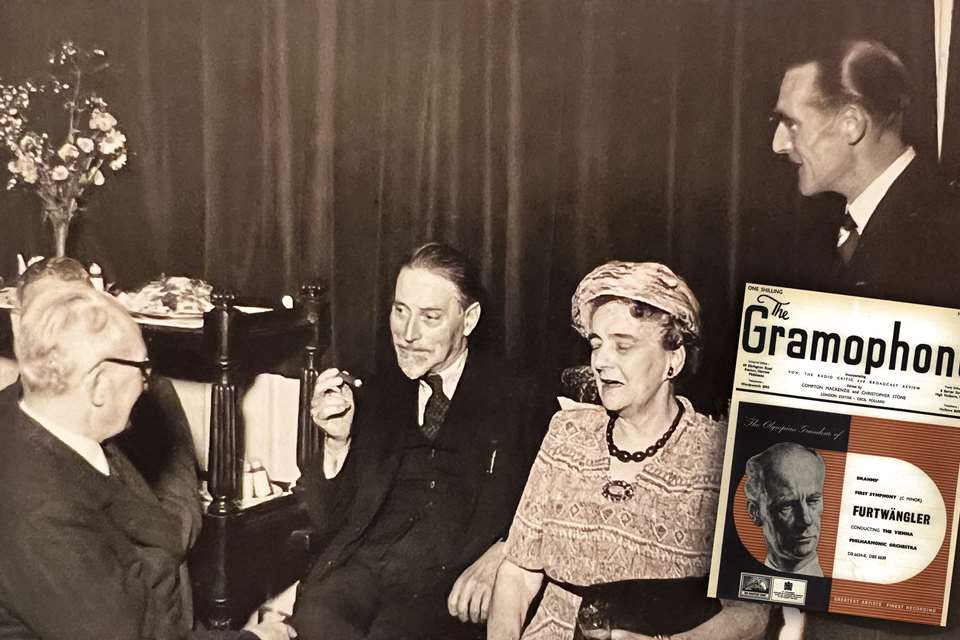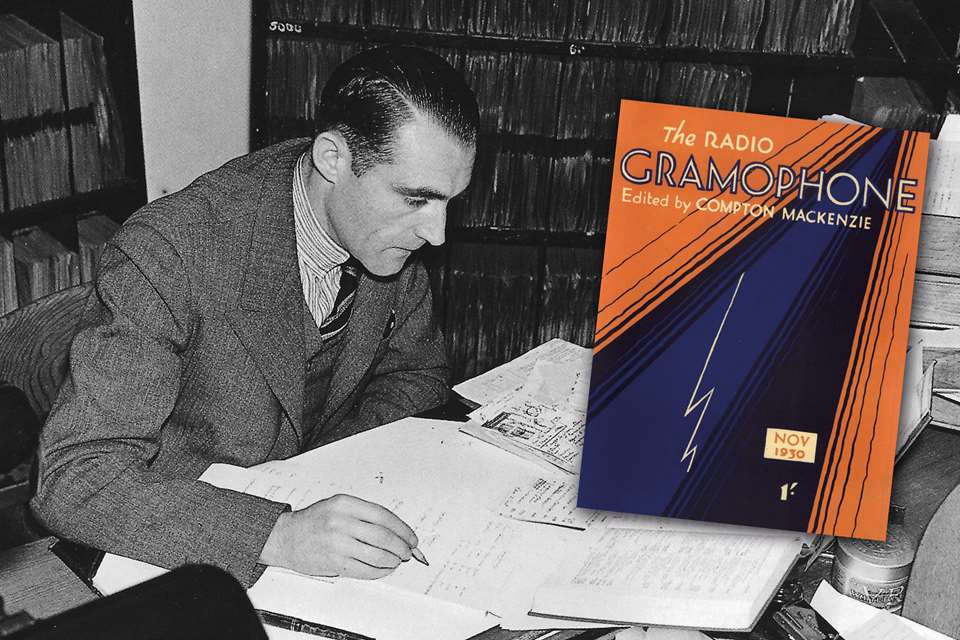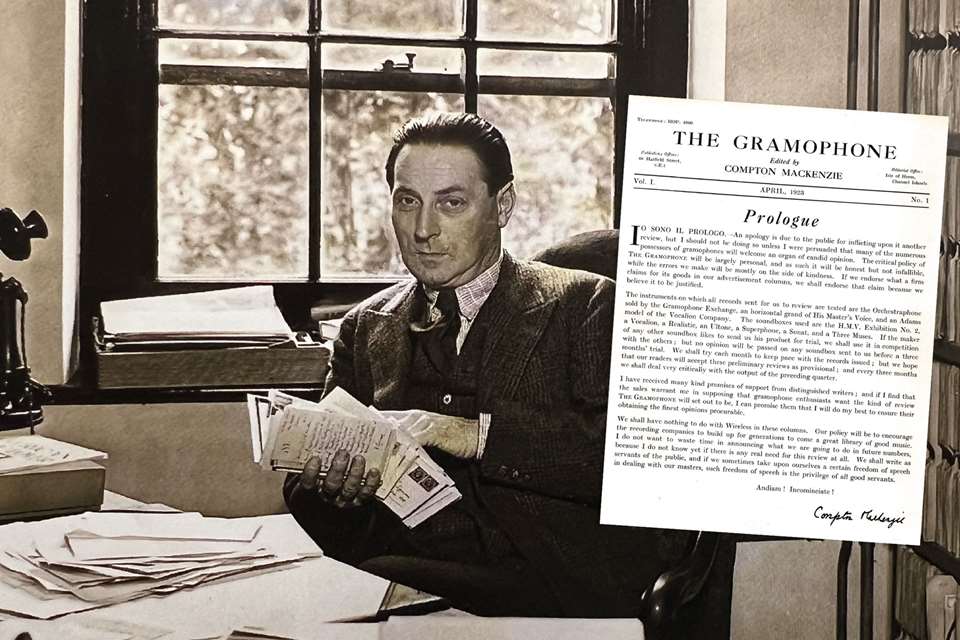Gramophone magazine: a history – the 1960s
James Jolly
Tuesday, January 16, 2024
A decade of colossal productivity and ambition as recorded music takes off
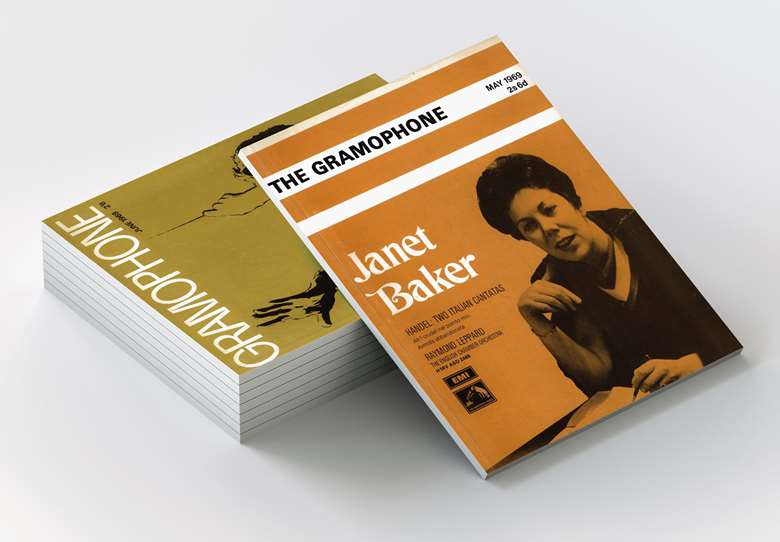
Register now to continue reading
Thanks for exploring the Gramophone website. Sign up for a free account today to enjoy the following benefits:
- Free access to 3 subscriber-only articles per month
- Unlimited access to our news, podcasts and awards pages
- Free weekly email newsletter




